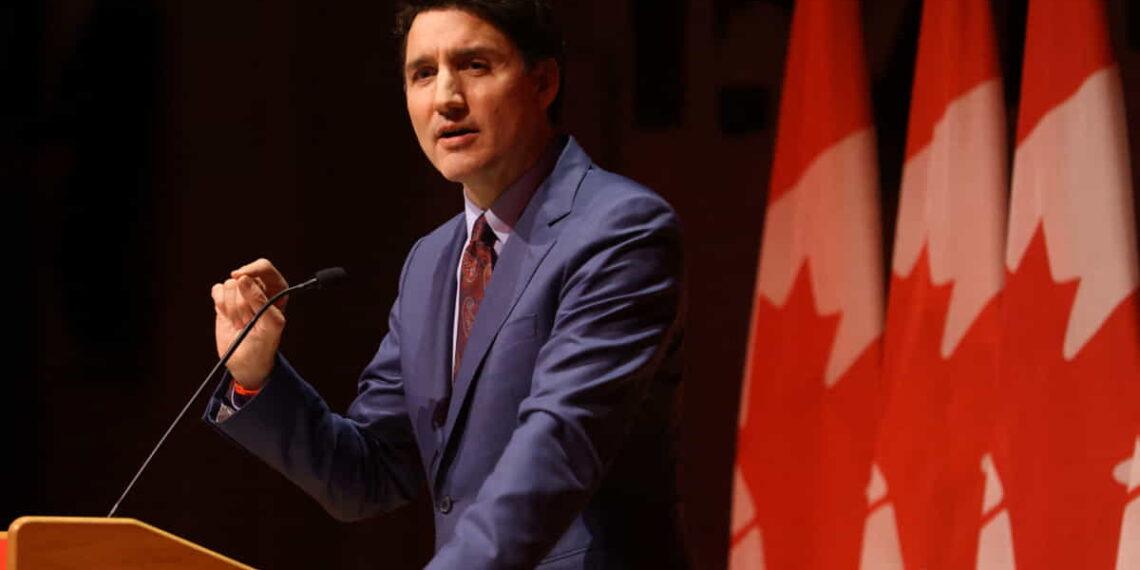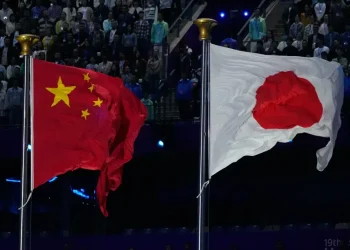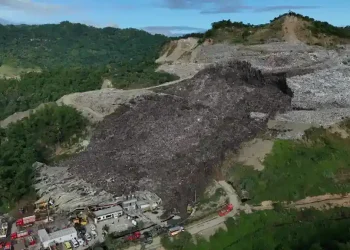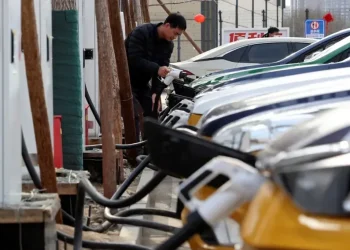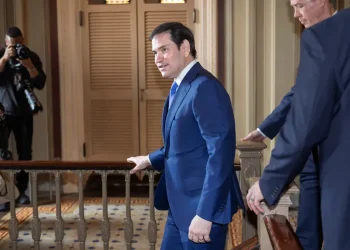Canadian PM Trudeau Likely to Announce Resignation Amid Political Turmoil
Key Highlights:
- PM Justin Trudeau is reportedly considering stepping down after nine years in office.
- A formal announcement is expected soon, possibly before a key Liberal caucus meeting on Wednesday.
- Trudeau’s resignation could leave the Liberal Party in a precarious position as it faces poor polling ahead of a required election by October.
OTTAWA, Jan 5 (Reuters) – Canadian Prime Minister Justin Trudeau is increasingly likely to step down as leader of the ruling Liberal Party, according to a source familiar with his thinking. While no final decision has been made, the announcement could come as early as Monday, just before an emergency caucus meeting on Wednesday.
The source, who spoke on condition of anonymity, confirmed Trudeau’s potential plans after The Globe and Mail reported the expected resignation. If confirmed, Trudeau’s decision would leave the Liberals without a permanent leader at a time when polls show the party trailing badly against the opposition Conservatives.
Mounting Pressure on Trudeau to Resign
In recent months, discontent has been growing within the Liberal Party, fueled by a series of grim polling results and defeats in special elections. An increasing number of Liberal parliamentarians have publicly urged Trudeau to step aside, fearing the party is heading for a major electoral defeat.
The prime minister’s office has not commented on the reports. Trudeau’s schedule for Monday includes a virtual cabinet meeting on Canada-U.S. relations, but no mention of a resignation announcement.
According to sources, Trudeau has discussed with Finance Minister Dominic LeBlanc the possibility of LeBlanc serving as interim leader, though this plan could face complications if LeBlanc decides to run for the leadership himself.
Challenges for the Liberal Party
If Trudeau resigns, the Liberal Party will face the dual challenge of choosing a new leader and preparing for a possible snap election. Trudeau’s departure comes at a precarious time, as polls predict a significant loss to the Conservatives in an election that must occur by late October.
Scandals and Internal Struggles:
- The fallout from Trudeau’s attempt in December to demote Finance Minister Chrystia Freeland exacerbated tensions within his cabinet. Freeland, a long-time ally, resigned instead, accusing Trudeau of prioritizing “political gimmicks” over national interests in a pointed letter.
- Additionally, criticism over Trudeau’s handling of immigration policies, which have overwhelmed housing markets, and soaring costs of living have fueled dissatisfaction.
Legacy and Leadership Fatigue
Trudeau, 53, first took over as Liberal leader in 2013 when the party was struggling and in third place in Parliament. He led the Liberals to a resounding victory in 2015, promising progressive reforms, gender equality, and climate action. His optimistic message of “sunny ways” captivated voters.
However, years of governing and the fallout from the COVID-19 pandemic eroded Trudeau’s popularity. While the government’s heavy spending during the pandemic cushioned businesses and consumers, it also resulted in record deficits, leaving many Canadians frustrated as inflation surged.
What’s Next?
It remains unclear if Trudeau will step down immediately or stay on as prime minister until a new leader is chosen. If he resigns, it may trigger calls for a quick election to stabilize Canada’s political landscape.
The coming days will be critical for Trudeau and the Liberal Party as they navigate this turning point in Canadian politics.
This article was rewritten by JournosNews.com based on verified reporting from trusted sources. The content has been independently reviewed, fact-checked, and edited for accuracy, neutrality, tone, and global readability in accordance with Google News and AdSense standards.
All opinions, quotes, or statements from contributors, experts, or sourced organizations do not necessarily reflect the views of JournosNews.com. JournosNews.com maintains full editorial independence from any external funders, sponsors, or organizations.
Stay informed with JournosNews.com — your trusted source for verified global reporting and in-depth analysis. Follow us on Google News, BlueSky, and X for real-time updates.
